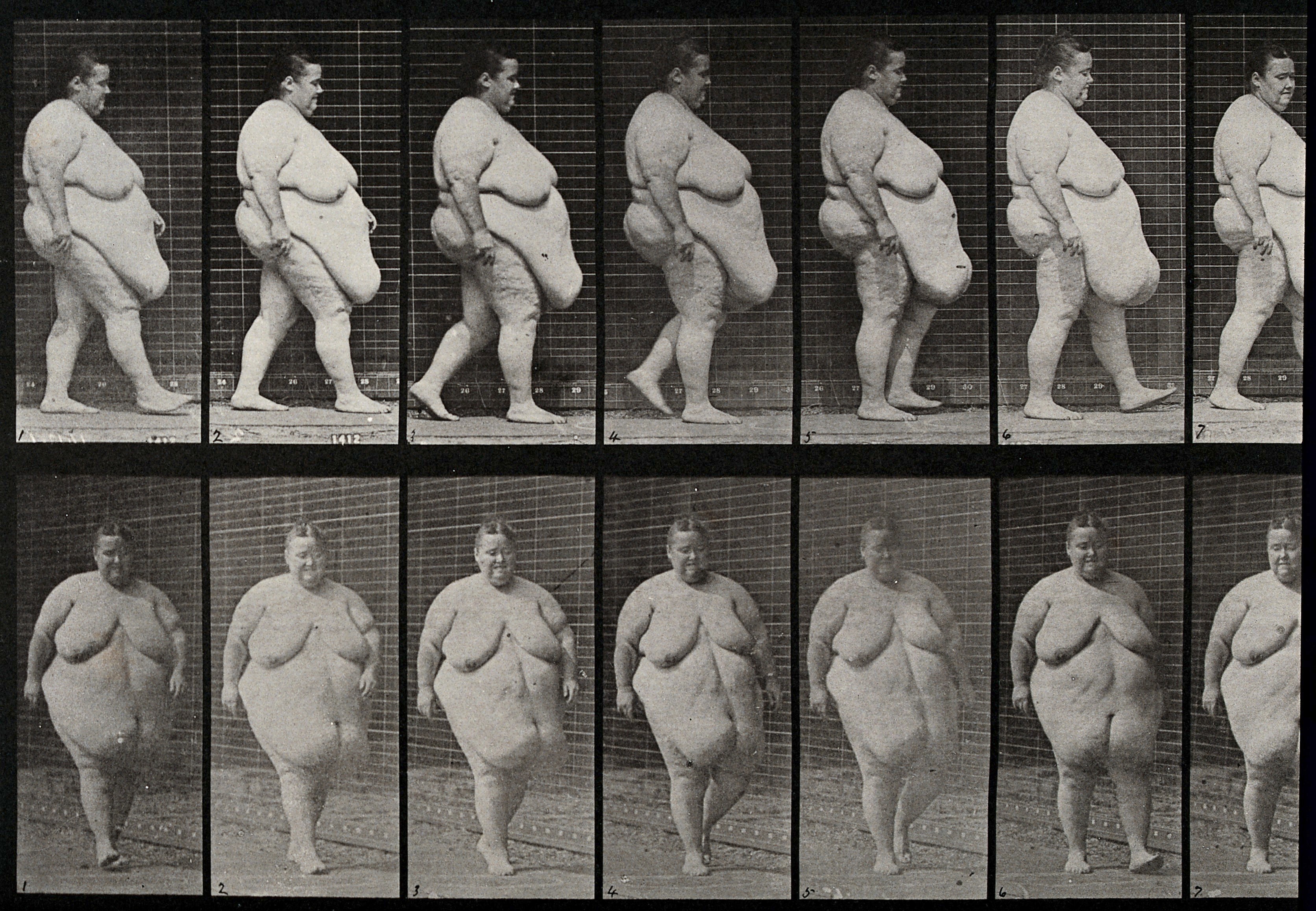Money for Your Fat! Health, Moral and Capitalism

In recent years, body, health, morality and the neoliberal capitalist economy have become caught up with each other in a major way in both the public discourse and public policies concerning fatness. Against the backdrop of the dominant neoliberal rationale, the fat body has been ranked as an “expensive” body, but not just that; the fat body is constructed as a kind of “anti-neoliberal” body that is unproductive, ineffective, and unprofitable. Thus, fatness, health, and the economy are bound together materially, symbolically, and morally. This is particularly visible in the so called obesity epidemic discourse that has dominated public discussion of fatness over the past fifteen years. In the spring of 2010, an unusual weight loss campaign ran in…



